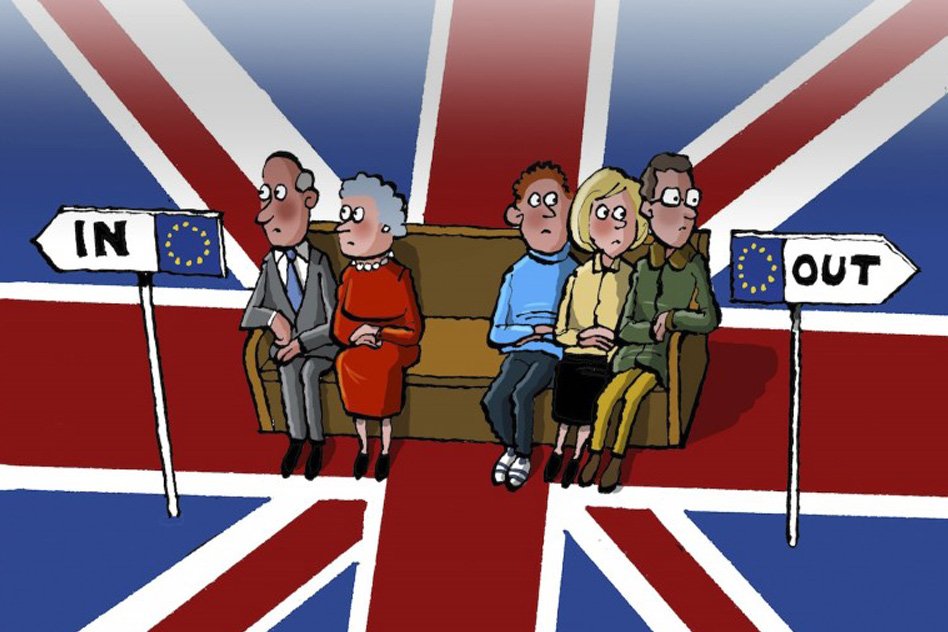Britain had earlier announced its withdrawal from the EU and has made headlines all over the world for the way it made every market of the world poorer than what they were beside weakening the pound to a record low for over 3 decades. But some interesting things came out in the aftermath of the Brexit vote.
1. The most googled terms in the UK after the vote was “what is EU?” (signifying a large scale ignorance of importance of UK being part of EU).
2. Article 50 – Part of the Lisbon treaty signed by former Prime Minister Gordon Brown which necessitates London to reach out to Brussels to begin the withdrawal process that could take almost two years.
3. UK will have to start fresh talks for trade deals with all the EU member states, a long and tedious process.
4. The usually loud political voices of Brexit have calmed down after Brexit has actually happened.
Based on the post-poll review there have been some new developments
a. Some people did not know the purpose or the consequences of the vote
b. If given a chance, people would actually vote to stay in the EU
c. More from the Brexit camp came to vote than the other side.
Now, the broad consensus has been that
Brexit will in no way help Britain and is expected to remain that way if not worse for the foreseeable future. Now, the question to ponder on. Given some of the miscommunication and misleading campaigns from pro-BREXIT camp beside the huge ignorance about the consequences of leaving the EU, could such a decision be left to a popular vote or a panel of experts or policy makers? It was Cameroon who made the call for the referendum, a noble gesture to decide based on people’s support and voice, a hallmark of democracy. But such a huge decision based on popular support?
Two reason why such the referendum was a bad decision?
1. Economic benefits or impact was too large and complex for the masses to understand in lieu of the fact that people started googling “what is EU?” only after the Brexit vote.
2. The imbalance in the resources at disposal for various political parties to advertise regarding the reasons to stay in EU or leave it. It is worthwhile noting that, mass mobilisation is easier when you are up against something that when you stand for something irrespective of the strength of the arguments on both sides.
Yes, going back to the people to seek their voice on how they want the country to head is indeed a good practice for a strong and vibrant democracy, the prime minister deserves credit for the same. But could Brexit or NOT have been dealt with at a governmental level is the bigger question.

 All section
All section













